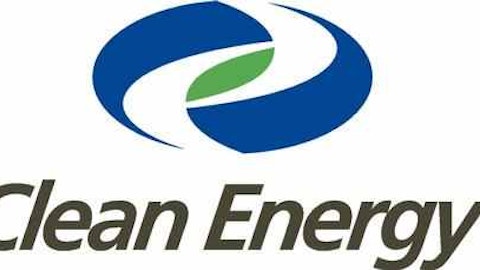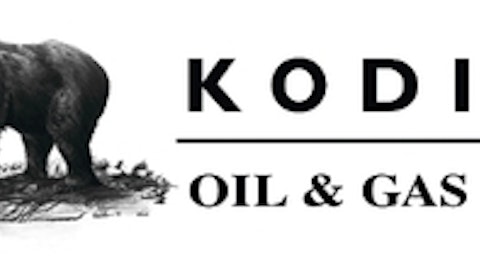Houston-based Magnum Hunter Resources Corp (NYSE:MHR) recently announced that it has commenced drilling on its first horizontal well in Ohio’s Utica – a vast shale rock formation located in the Appalachian Basin and thought to have massive hydrocarbon potential.
The well, operated by Magnum Hunter Resources Corp (NYSE:MHR)’s subsidiary Triad Hunter LLC, which retains a 100% working interest, lies on a four-well pad in Ohio’s northern Washington county, about 30 miles south of Cambridge. Triad has already spudded the well’s vertical pilot hole and intends to drill the vertical section soon.

The company plans on gaining valuable insight into the well’s characteristics by running extensive logs and cores. Well cores are usually cylindrical rock samples that provide important information about a well’s porosity and permeability, while logs are continuous measurements of well properties taken by electrically powered instruments that can provide crucial information for evaluating a well’s potential.
After it runs logs and cores, Triad intends to drill a lateral of 6,000 feet or more, with plans for a frack stimulation and further testing toward the middle of the year.
Magnum Hunter in the Utica
Magnum is among a handful of major Utica operators, commanding just over 61,000 net acres in the play. In February, the company acquired roughly 15,500 gross leasehold acres in the Utica, which are located primarily in Noble County, Ohio. Judging by offset well results and industry analysis, roughly half of Magnum Hunter Resources Corp (NYSE:MHR)’s Utica acreage lies in the play’s wet-gas window.
Magnum Hunter Resources Corp (NYSE:MHR)’s CEO, Gary C. Evans, recently said that the Utica will be “a major focal point” for the company this year. The company has said it intends to drill at least four Utica test wells in Ohio this year. Depending on how strong the results are, it may choose to develop its leasehold position further throughout the year.
Like several other Utica operators, Magnum Hunter Resources Corp (NYSE:MHR) has held off on drilling new wells in the Utica until infrastructure constraints ease further. As a result of producers’ reluctance to drill new wells, Utica production growth remained quite modest over the past year.
In fact, one of the only companies that remained fairly active in the play in 2010 was Chesapeake Energy Corporation (NYSE:CHK), the largest leasehold owner in the Utica, which currently has 14 rigs operating in the play. Though Chesapeake Energy Corporation (NYSE:CHK) has scaled back its expectations about the Utica’s oil potential, it remains optimistic about the play’s overall potential and plans on ramping up production substantially this year.
Chesapeake Energy Corporation (NYSE:CHK)’s not alone. With infrastructure constraints expected to ease significantly this year, several Utica producers are planning to drill new wells. For instance, Gulfport Energy Corporation (NASDAQ:GPOR), which boasts 128,000 acres in the play, said it will allocate the vast majority of its capital budget for the year toward its Utica operations. The Oklahoma City-based company plans on drilling about 50 gross wells in 2013.
Final thoughts
The performance of Magnum Hunter Resources Corp (NYSE:MHR)’s test wells will be interesting to note. Since the Utica is still very much in its infancy, production data is severely limited. And of the limited data that exists, well results have been quite mixed. Some operators, like Gulfport Energy, have reported highly encouraging results, while others’ performance has been somewhat of a letdown.
For instance, Devon Energy Corp (NYSE:DVN) reported “disappointing” results from a couple of wells it drilled last year that were thought to be in the play’s oil-rich zone. The company has since decided to sell its acreage in the eastern Ohio portion of the Utica, having placed 244,000 of its gross acres up for bidding in January.
The article Magnum Hunter Begins Drilling in Utica Shale originally appeared on Fool.com and is written by Arjun Sreekumar.
Motley Fool contributor Arjun Sreekumar has no position in any stocks mentioned. The Motley Fool owns shares of Devon Energy and has the following options: Long Jan 2014 $20 Calls on Chesapeake Energy, Long Jan 2014 $30 Calls on Chesapeake Energy, and Short Jan 2014 $15 Puts on Chesapeake Energy.
Copyright © 1995 – 2013 The Motley Fool, LLC. All rights reserved. The Motley Fool has a disclosure policy.


